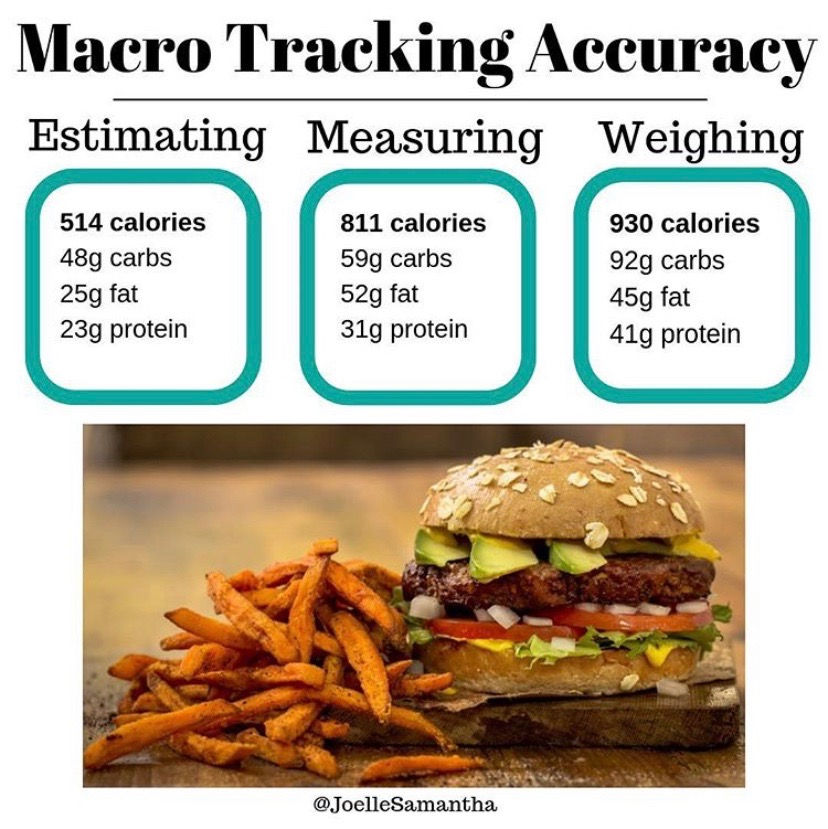Why You Can't Lose Weight
If anyone really told you as a child how difficult adulthood would be, would you not be an adult? Of course not. You'll get through whatever is thrown your way.
Same thing with weight loss. Here's the thing: no one said that losing weight was going to be easy. In fact, it will probably be one of the harder things that you ever do but that shouldn't stop you from going towards whatever goal you may have.
If you've been trying to lose weight but are finding yourself stuck in either a plateau or really no where at all, it's time to check in with yourself.
Read on for 5 of the reasons you may not be getting where you want to be.
----
1. You're Not In a Caloric Deficit (or shall we say, actually in a caloric deficit)
Here's the thing: when it comes to weight loss, calories pretty much come first and foremost. You need to be in a caloric deficit, or burning more calories than you're taking in, to see the scale move. If you're not, you'll see the scale stay the same or even go up. If you're not tracking your food in some way, it may be the time to start. Write down your food in a food journal or tracking app to see how much you're consuming. If you don't track your food, change your portion sizes to reflect your goal. Cut back on servings slightly to see if you can make some changes in your waist line.
2. You're not being 100% accurate with your food journaling/tracking
Diligent food tracking with a scale is not for everyone, however, if you aren't weighing and measuring your food on a scale, your food journal isn't as accurate as it can be. Sorry to say but there is no way to be exact in calorie and macronutrient amounts without an actual weighed out portion of food. For many, being close enough/journaling on its own can be a good way to keep food amounts in check however, take a look at the graphic below to show why measuring and weighing, specifically, can make or break you.

3. You're Not Getting Quite Enough Exercise to Match Your Food Intake
It's true--you can use your diet alone to lose weight however, you'll yield better results when incorporating exercise in alongside. If you're using macros/calorie goals, your nutrition is based upon your daily activity, including your exercise. If exercise has changed with less sessions overall, cardio or anything, you may find that you're now eating too much and no longer losing weight. If you have cut out exercise, you'll likely have to cut your overall calories and macros too. That being said, add in some extra exercise and you should find the scale trending back down.
4. Your Needs Have Changed
If you've been dieting for a while (very consistently with no breaks), your metabolism has changed. When you've been consistently eating less (for real...), your metabolism will down regulate meaning to adjust to your intake meaning that the 1,500 calories it took for you to lose weight is now 1,400. This is why as we lose weight and continue dieting cycles, we need to lower caloric intake to keep losing. If this is the case, lower calories slightly (or have a professional do this for you).
5. You're Just Not Consistent Enough
Consistency with nutrition, training, sleep, stress management, water intake (and more) can make the difference in whether or not the scale moves. Eating perfectly during the week but having a few cocktails on the weekend that aren't accounted for? Not giving your full effort in training sessions or skipping cardio for other things? Sleeping less and stressing more? Not great for fat and weight loss. For weight loss to be consistent, you need to too. Consistency is the name of the game and there's nothing that really beats it.
Overall, it will be your consistency and effort in following a sound plan with exercise and nutrition that dictate your weight loss success.

.png)


















Comments